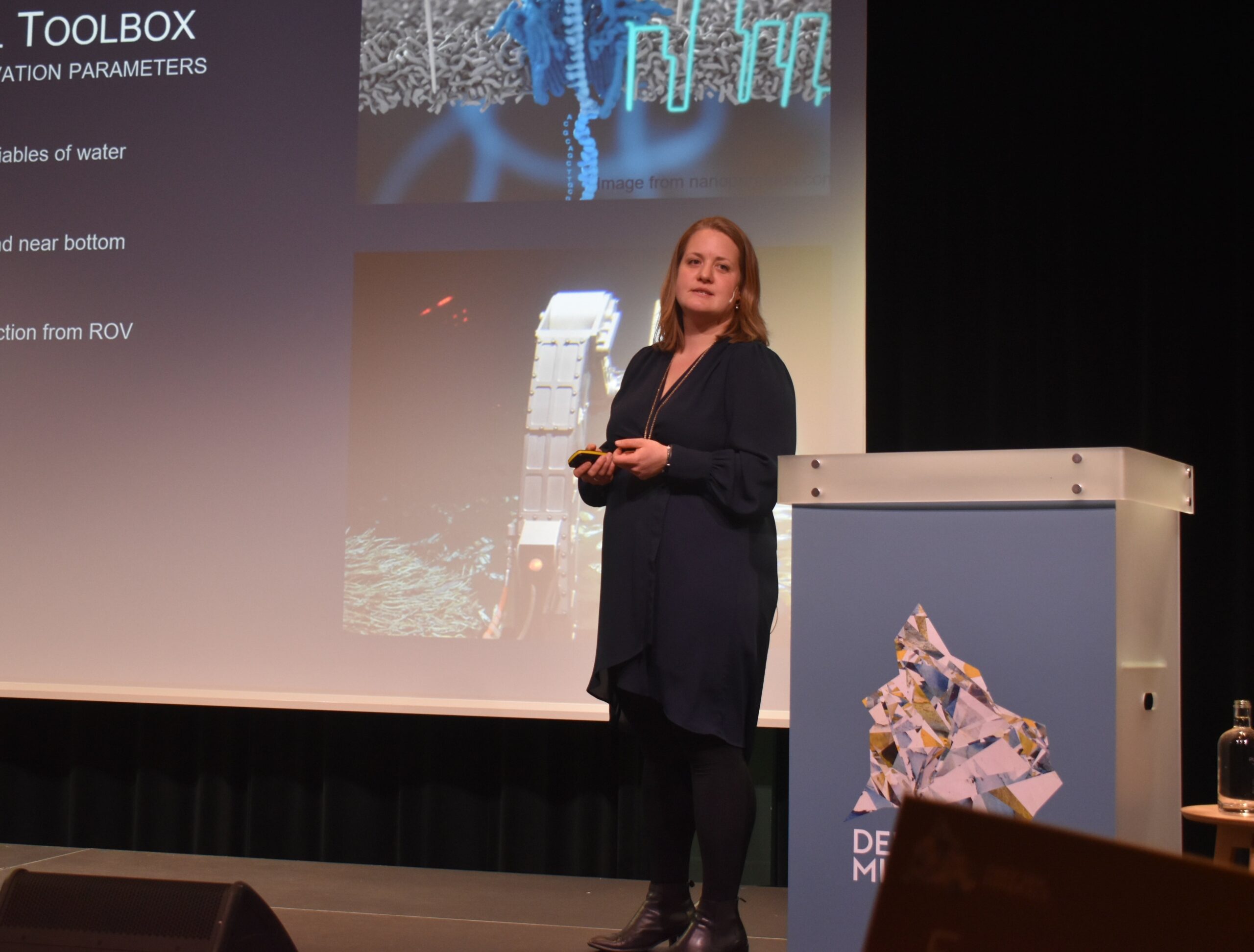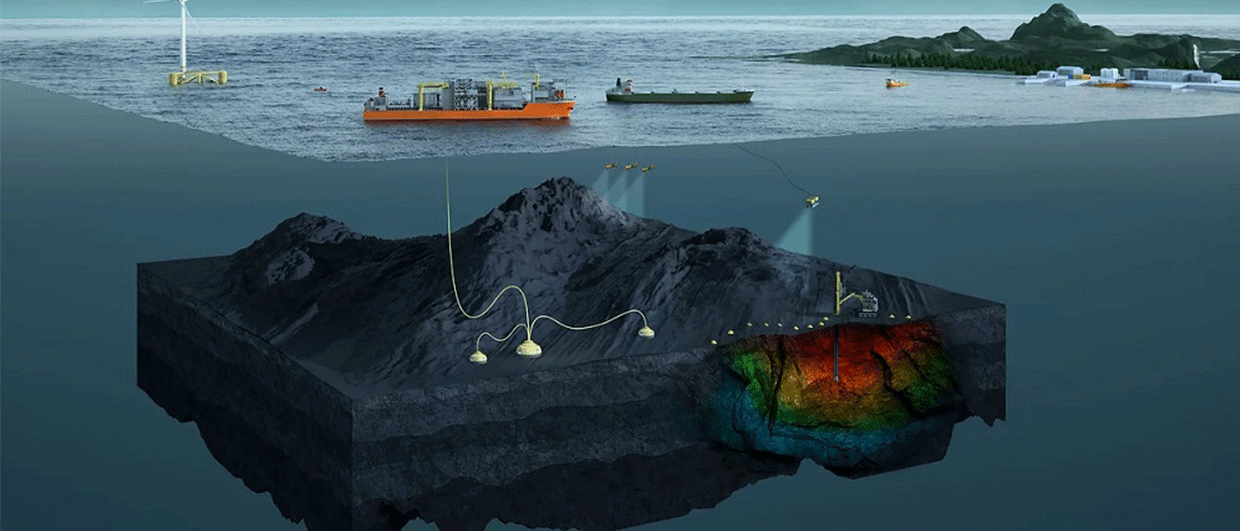“This is collaboration across disciplines, and both industry and academia are involved in order to utilise the expertise we have in Norway”, said Anette Broch Mathisen Tvedt, CEO of Adepth Minerals, during the seminar Accelerating Deep Sea Exploration in Bergen in April.
She presented EMINENT, a research project that was awarded approximately 6.5 million USD at the end of last year to accelerate the acquisition of knowledge and answer key questions related to the possibility of establishing a new industry that can help supply critical minerals for the energy transition. The total budget is around 13 million USD; Tvedt is the project manager.
Adepth is one of four Norwegian companies that has positioned itself as an exploration company and technology developer ahead of a possible upcoming licensing round for deep sea minerals on the Norwegian continental shelf.
We will collect data to better understand the environment and environmental challenges in the deep sea and find out how exploration can be done efficiently and with the least possible environmental impact.
Increased understanding of the deep sea and its geology, environment and resources is essential ahead of possible future extraction of the mineral deposits on the Norwegian continental shelf.
Last autumn, the Ministry of Petroleum and Energy published an impact assessment. Following a consultation process, a parliamentary proposal on the opening of the Norwegian continental shelf for mineral activities was submitted this spring.

Deep Insight
The EMINENT project’s tasks are divided into four areas: environment, exploration, extraction and processing. The project participants will develop and demonstrate new technologies for exploration as well as ways to develop technology for extraction and concepts for the entire value chain.
The participants will set out on their first research trip this year. The expedition is called Deep Insight and will be led by the University of Bergen.
“We will collect data to better understand the environment and environmental challenges in the deep sea and find out how exploration can be done efficiently and with the least possible environmental impact. The data we obtain may also be useful in connection with possible future extraction and processing”, said Anette during her talk.
The cruise participants will also test new equipment related to both environmental monitoring and exploration.
“We will make maximum use of the cruise days and equip the platforms with as many sensors as possible to collect as much data as possible.”
Among the questions and issues the cruise participants want to become wiser about are the environmental state of the deep sea, where they can potentially extract minerals in the future, what environmental impact exploration activities can have, how deep sea minerals can be extracted with minimal environmental impact, how the ore can be processed and geological questions such as how the hydrothermal the systems have been formed.
It is the inactive hydrothermal systems that will be relevant for extraction, and then it is important to understand their formation.
Besides Adepth Minerals, the EMINENT project consists of partners UiB, NTNU, UiT Norway’s Arctic University, NORCE, Future Materials Norwegian Catapult Centre, Akvaplan Niva, NOV, Aanderaa, DeepOcean, Shearwater, Aker BP, Seabed Solutions, Geoprovider and GCE Ocean Technology.

